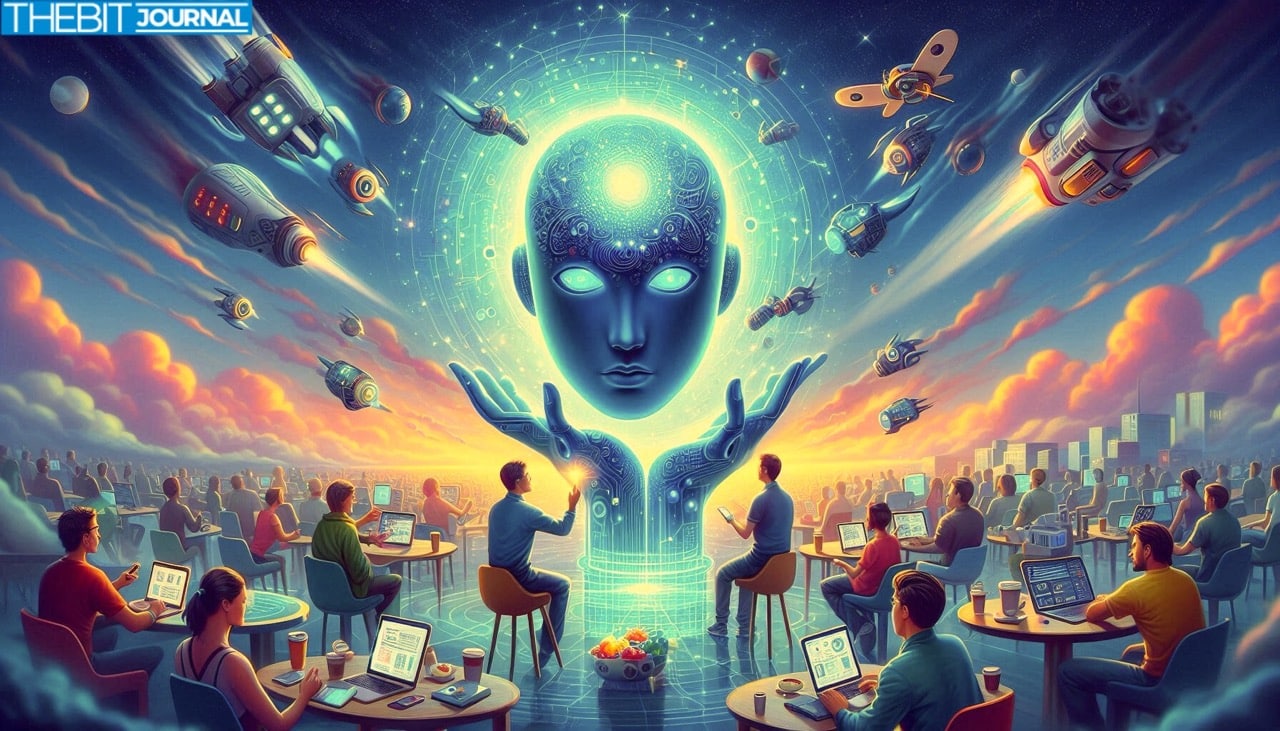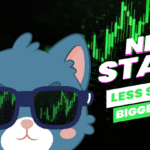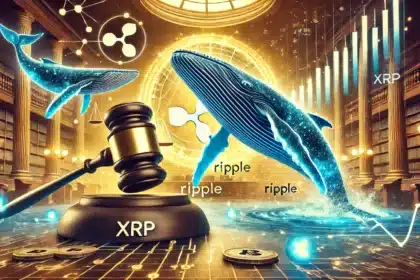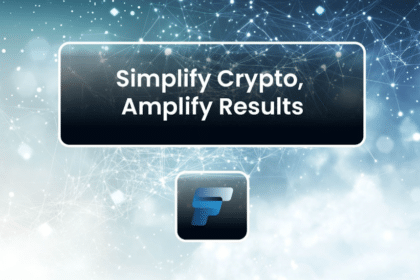Sam Altman’s OpenAI is reportedly working on a new AI social platform, a possible entry into the consumer-facing social media space, and potentially intensifying its growing feud with Elon Musk. According to an April 15 report by The Verge, OpenAI is quietly testing a prototype of a social media app featuring an AI-integrated feed. The concept combines real-time user interactions with ChatGPT’s image-generation and conversational capabilities, creating a platform that mirrors some core functions of X (formerly Twitter), but with a distinctly AI-first approach.
The development remains in early stages. However, sources close to the project suggest that Altman is actively soliciting feedback on the product.
The AI Social War: OpenAI vs. Musk’s X
There has been heightened tension between OpenAI and its co-founder turned critic, Elon Musk. In March, Musk reportedly filed a lawsuit accusing OpenAI of straying from its nonprofit charter and aligning too closely with Microsoft’s commercial ambitions. The case was fast-tracked by a California judge and is set for trial in late 2025.
In a legal counterstrike, OpenAI filed a countersuit in April, accusing Musk of bad-faith tactics in an alleged attempt to take control of the company. The complaint cited Musk’s $97 billion buyout offer and revealed internal emails dating back to 2017 in which he demanded board control and the CEO role.
The intensity of the feud has spilled into social media platforms. When rumors of a Meta-backed AI-powered social network surfaced, Altman cheekily posted,
“Ok fine, maybe we’ll do a social app,” on X. After Musk’s hostile bid, Altman responded, “No thank you, but we will buy Twitter for $9.74 billion if you want.”

These exchanges reveal how much the power struggle is about not just ideology, but market dominance. Musk, who has since launched his own AI venture, xAI, recently folded the company into X in an all-stock deal that valued xAI at $80 billion. Its flagship product, Grok-3, is embedded directly into X’s feed, pushing Musk’s platform further into the generative AI space.
A $300B Warchest and New Strategic Vision
While Musk’s xAI gains steam, OpenAI isn’t holding back. In March, the company reportedly closed a $40 billion funding round led by SoftBank, boosting its valuation to a staggering $300 billion. The capital injection appears to be fueling more consumer-oriented ambitions for OpenAI, whose core business has largely revolved around licensing GPT APIs and ChatGPT subscriptions.
Insiders say the proposed AI social platform will not just mimic existing formats but reimagine user engagement through AI-generated multimedia, personal assistants, and contextual conversation layers powered by GPT-4 and future models. If successful, it could represent the most radical shift in social networking since the rise of algorithmic feeds.
Although no official release timeline has been announced, The Verge reported that internal testing is active, and the project is being prioritized alongside GPT’s consumer evolution.
Meta May Enter the Chat
Altman’s rumored social ambitions are not the only threat to Musk’s digital empire. Meta is also reportedly preparing an AI-enhanced social platform to rival both OpenAI and X. Although details remain scarce, Meta’s push into open-source models like Llama 3 and their integration into WhatsApp and Instagram suggest the company is gearing up for a multi-platform strategy that fuses content and AI interaction.

Wrapping Up: Legal Tensions Reflect Deeper Strategic Divergences
The legal drama between Musk and OpenAI runs deeper than public jabs and billion-dollar valuations. At its core, it’s a dispute about the future of AI governance and monetization. Musk claims OpenAI’s switch to a capped-profit model contradicts its founding mission of openness and public service. OpenAI, however, counters that Musk himself pushed for commercialization as long as he controlled the direction.
Court filings revealed by OpenAI show that Musk proposed: “I would unequivocally have initial control of the company.” This, the company argues, contradicts Musk’s current posture of concern over corporate influence and AI safety.
Meanwhile, OpenAI maintains that aligning with Microsoft and exploring scalable monetization allows it to responsibly fund research and development. “It’s easy to critique from the outside,” a source close to the company told The Information. “But building real AGI infrastructure costs billions. You can’t run this on donations anymore.”
As the company navigates a fierce legal battle, rising expectations, and a crowded AI field, the success or failure of this AI social platform could shape its next decade.
FAQs
What is OpenAI’s new AI social platform all about?
It’s a prototype social media app powered by ChatGPT, reportedly designed to integrate AI image generation and real-time conversational capabilities into a social feed.
What’s the status of the lawsuit between Musk and OpenAI?
The trial is set for late 2025. Musk alleges OpenAI breached its nonprofit mission, while OpenAI counters that Musk once pushed for for-profit control.
Will this new platform replace ChatGPT?
No. It’s expected to complement ChatGPT by offering a more social, interactive layer rather than replacing the core chatbot product.
What companies are also building AI social networks?
Meta is also rumored to be working on an AI-powered social app. Musk’s X is already integrating AI through his startup xAI and its Grok-3 model.
Glossary
AI Social Platform – A social media network enhanced with generative AI tools for content creation and interaction.
xAI – Elon Musk’s artificial intelligence company, now merged with X.
Grok-3 – A generative AI model developed by xAI and integrated into X.
Capped-Profit Structure – A business model where returns for investors are limited to ensure the organization remains mission-focused.
Generative AI – AI systems capable of producing content, such as text, images, or audio, based on learned data.





























